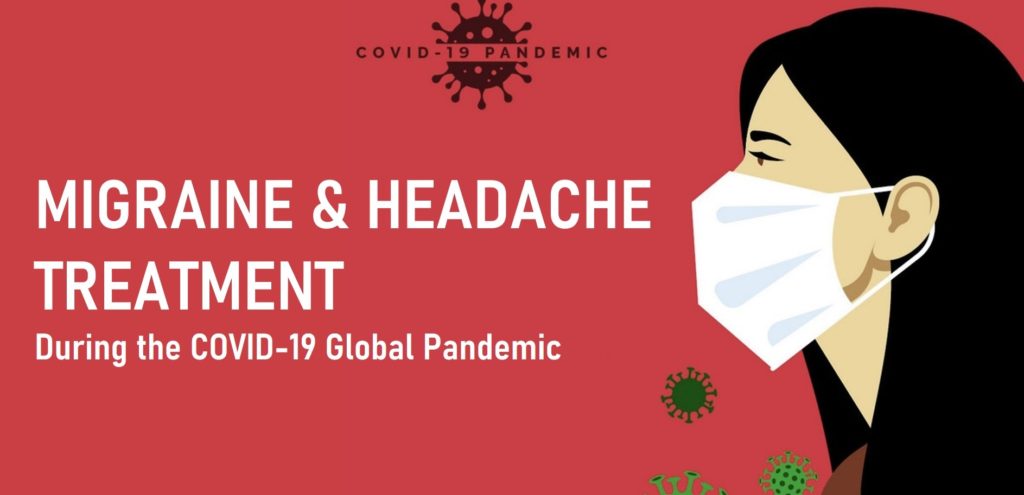Amid the growing concern of COVID-19 and unprecedented public health crisis, those living with migraine and other headache disorders, has to understand the risks and address specific considerations.
There hasn’t been any research that connects migraine or headache to the COVID-19 yet, hence people living with migraine are not at an elevated risk otherwise. But the best practices for limiting infection still apply. Many doctors will be offering “virtual” visits as a safe alternative for outpatient clinic visits. Virtual visits include portal visits, phone calls, or telehealth by video through the internet including through your smartphone.
We have listed out migraine specific tips that may help people with migraine to be prepared and limit the potential of migraine triggers or patterns.
Considerations for Migraine & Headache Patient During COVID-19
Have an enough supply of your medicine
This doesn’t mean that one should do the panic buying and stock up the medicine. This means to have a supply on hand of “both their acute and also any rescue medications or preventative medications, when needed. Those who experience migraine should work with their neurologist for their prescriptions.
Consider alternatives for in-person doctor visits
Face-to-face doctor visits may not be necessary if patients are stable and no adjustments to their medication are needed. Each patient should work closely with their doctor by phone or messaging to determine the optimal treatment for their acute migraine attacks if needed. This can be done by any virtual medium like video call.
Be mindful of routine and diet to reduce migraine triggers
At this time when many find their schedules adjusted to accommodate work from home, those with migraine should stick to a regular schedule when it comes to diet, hydration and sleep.
Stay calm and limit stress
For some people stress and anxiety can trigger migraine, so it’s important to limit these triggers. Identify what makes you feel stressed and work on that to have limited exposure. One such example is to reduce the intake of news and social media information.
Look for alternative methods of social interaction
During the time of social distancing and national lockdown, one should always stay connected to near ones by other medium. For instance, chatting, phone call, video chatting, staying in the balcony and talking to neighbours, etc.
General considerations
We know how stressful this time is for everyone and we are aware that stress may be a significant trigger factor for people with migraine. We are also very aware that the need for social distancing can lead to feelings of loneliness and isolation. But for the safety of your and others, we encourage you at this time to stay at home and stay connected with your family and friends via a phone call, email, direct messaging or texting.

